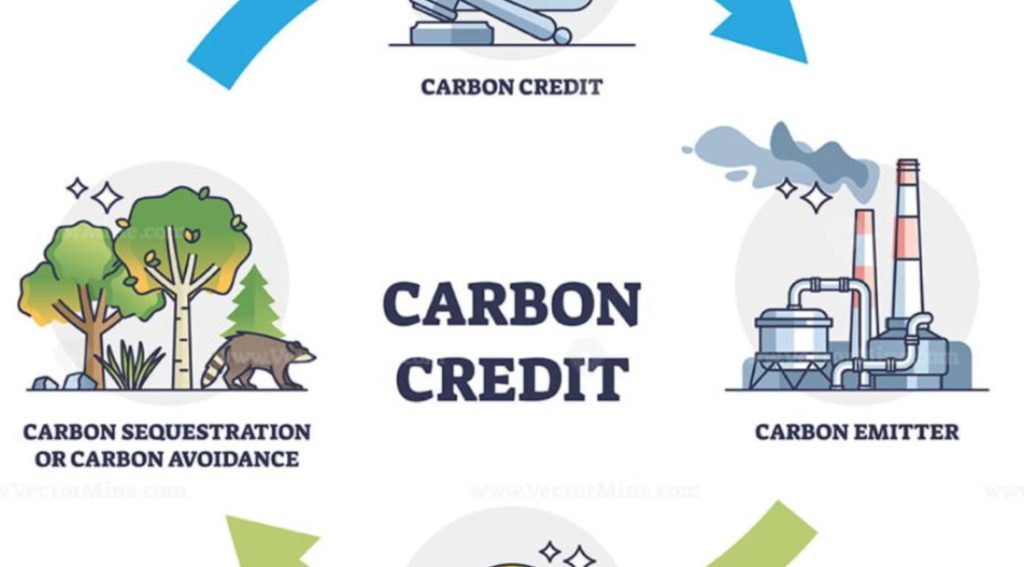India carbon prices may rise as the country gears up for the implementation of a national voluntary carbon market. The country’s recent approval of eight methodologies for its domestic voluntary carbon market is set to revitalise the national carbon offset landscape, according to a report by Wood Mackenzie. The Carbon Credit Trading Scheme (CCTS) introduces a framework that could significantly impact carbon credit prices, quality, and trading patterns in the country .
Fernanda Abarzúa, senior research analyst, carbon at Wood Mackenzie, said, “India’s new methodologies could potentially boost the quality and credibility of its carbon offsets.” She said the regulations could lead to a rise in carbon prices, narrowing the gap with neighbouring countries.
India has more than 5,000 carbon projects registered across four major registries: the Clean Development Mechanism (CDM), the Verified Carbon Standard (VCS), the Gold Standard Registry (GSR), and the Universal Carbon Registry (UCR), and plays a major role in the global voluntary carbon market.
In Q1 2024, India’s average carbon credit price of US$2.35 per tonne of CO2 was significantly lower than its South Asian counterparts at: Sri Lanka (US$3.77), Bangladesh (US$4.45), and Pakistan (US$28.11).
India’s carbon offset portfolio is led by energy related offsets that account for the majority of credits generated in the country, followed by industrial process offsets and offsets from commercial, public and residential buildings.
The CCTS allows for international trading of Carbon Credit Certificates (CCCs) under Article 6.2 of the Paris Agreement. This provision could increase India’s role in the global carbon market.
India has also opened credit generation opportunities in non-obligated sectors, facilitating mitigation from sectors not covered under the compliance regime.
Shashank Atreya, senior research analyst, carbon markets at Wood Mackenzie said, “By providing a structured process to seek quality accreditation from the regulator, we are likely to see an increased domestic and foreign investment in Indian carbon reduction projects.”
“The CCTS regulations have yet to clarify if offset-generated CCCs can be used for compliance. This decision will be crucial in determining the trajectory of offset prices in India,” Atreya noted.
The new methodologies cover key sectors including energy, industry, waste management, forestry, and agriculture. This comprehensive approach could lead to a more diverse offset portfolio, potentially influencing project development trends in the country.
Wood Mackenzie’s analysis suggests that the decision to formalise these methodologies will build trust in Indian offsets, potentially improving their quality and influencing prices.













